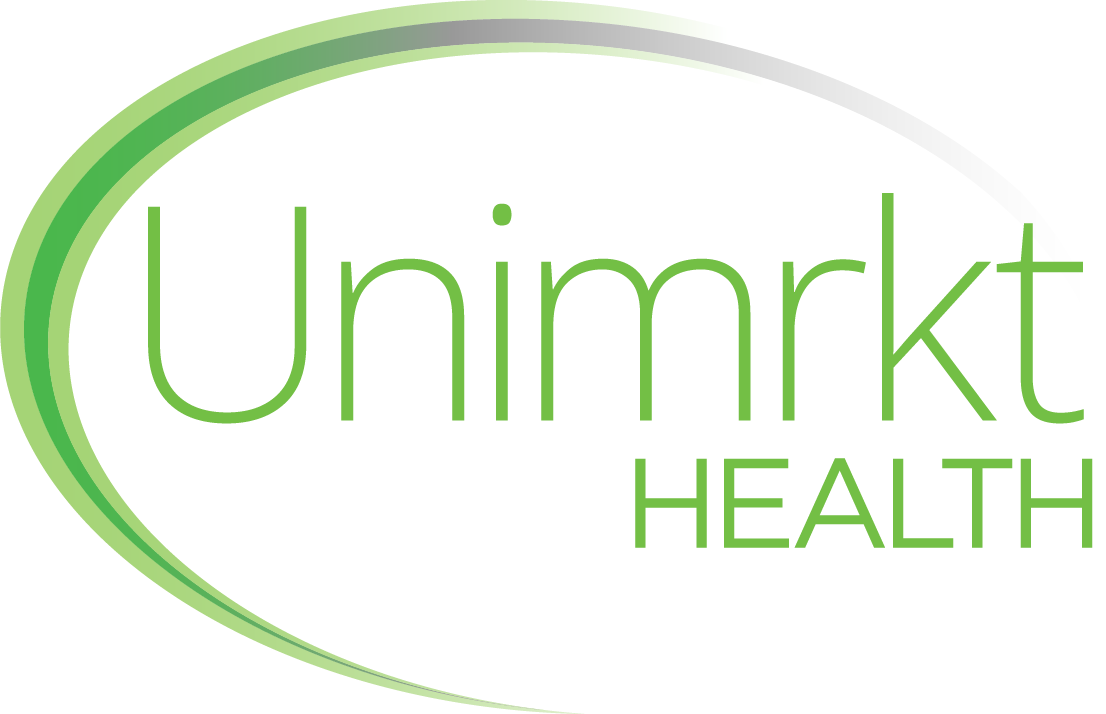5 Questions That Work Like Magic for Concept Testing with Healthcare Professionals
- Unimrkt Healthcare » Blog » 5 Questions That Work Like Magic for Concept Testing with Healthcare Professionals
Concept testing in healthcare requires not just questions, but strategic inquiries that can help unravel valuable insights. In this blog, we discuss how a qualitative research methodology tailored specifically for healthcare professionals can help you make sense of the market dynamics. Recognizing the significance of qualitative health research, we explore how it serves as a cornerstone in concept testing endeavors. Let us navigate the nuanced landscape of the healthcare industry, where understanding the intricacies demands more than quantitative data points.
What is Concept Testing?
Concept testing with healthcare professionals is a crucial step in the product development lifecycle, ensuring that innovations are well-received, address real-world challenges, and contribute positively to the healthcare ecosystem. It is a strategic approach to gathering valuable insights and feedback on new ideas, products, or services within the healthcare industry. This process involves presenting concepts or prototypes to healthcare professionals, such as doctors, nurses, or administrators, to evaluate their perceptions, relevance, and potential impact. The goal is to ensure that innovations align with the needs of healthcare professionals and the broader healthcare system. Here’s how concept testing with healthcare professionals unfolds:
Identifying Target Professionals
Determine the specific healthcare professionals relevant to the concept, considering their roles, expertise, and involvement in the intended area of innovation.
Developing Clear Concepts
Clearly articulate the concepts or ideas to be tested. Ensure that the materials are comprehensive, providing a detailed overview of the innovation and its potential benefits.
Gathering Feedback
Engage healthcare professionals in discussions, surveys, or focus groups to collect their feedback. Questions may focus on the perceived value, usability, and potential challenges associated with the concept. You can use qualitative research methodology to get the data you’re looking for.
Assessing Relevance
Evaluate how the concept aligns with the daily workflows, challenges, and priorities of healthcare professionals. Assess its relevance to their practice and its potential to enhance patient care.
Identifying Improvements
Encourage professionals to suggest improvements or modifications. Their insights can unveil opportunities to refine the concept and address any concerns raised during testing.
Ensuring Compliance and Ethics
Ensure that the concept aligns with ethical standards, regulations, and compliance requirements within the healthcare industry. Address any ethical considerations raised by professionals during the testing phase.
Analyzing Data
Systematically analyze the collected data to derive meaningful insights. Identify trends, common themes, and areas for enhancement based on the feedback received.
Iterative Testing
If necessary, conduct iterative testing based on the initial feedback. This allows for continuous improvement and refinement of the concept before its finalization.
Implementing Changes
Incorporate the insights gained from concept testing into the final development stages. Adjust the concept, if needed, to ensure it aligns seamlessly with the needs and expectations of healthcare professionals.
Why is Concept Testing Important in Healthcare?
Concept testing holds paramount importance in the healthcare industry due to its ability to validate and refine innovative ideas, products, or services before full-scale implementation. Here are key reasons why concept testing is crucial in healthcare:
Mitigating Risks
Healthcare innovations often involve complex processes and substantial investments. Concept testing allows stakeholders to identify potential challenges, concerns, or gaps early in the development phase, minimizing risks associated with full-scale implementation.
Aligning with Professional Needs
Healthcare professionals play a vital role in the success of any healthcare innovation. Concept testing ensures that new concepts align with the needs, workflows, and preferences of healthcare professionals, fostering better adoption and integration into daily practices.
Enhancing Patient Outcomes
Patient-centricity is a core principle in healthcare. Concept testing enables healthcare providers to gauge how innovations may impact patient outcomes, experience, and overall satisfaction. This ensures that proposed concepts genuinely contribute to improved patient care.
Optimizing Resource Allocation
Concept testing helps healthcare organizations allocate resources more efficiently. By understanding which concepts resonate most with stakeholders, organizations can prioritize and invest in the ideas that have the highest likelihood of success.
Compliance and Ethical Considerations
Healthcare is subject to stringent regulations and ethical standards. Concept testing allows organizations to assess whether new concepts comply with these standards, addressing any ethical concerns raised by stakeholders before moving forward.
Refining Marketing Strategies
Healthcare concepts often require effective communication to gain acceptance. Concept testing provides insights into how the target audience, including both healthcare professionals and patients, responds to different messaging strategies, enabling organizations to refine their marketing approaches.
Accelerating Time to Market
Identifying potential issues early in the development process through concept testing allows for quicker adjustments and refinements. This accelerates the overall time to market for healthcare innovations, ensuring timely access to beneficial solutions.
Building Stakeholder Confidence
Concept testing instills confidence in stakeholders, including investors, healthcare professionals, and patients. When stakeholders see that thorough testing and validation have been conducted, they are more likely to support and engage with the proposed healthcare concepts.
Continuous Improvement
Healthcare is dynamic, with evolving patient needs and technological advancements. Concept testing establishes a framework for continuous improvement, allowing organizations to adapt and refine their offerings based on ongoing feedback and changing circumstances.
5 Questions That Can Unlock the Full Potential of Your Healthcare Market Research
Unlocking the full potential of healthcare market research involves asking targeted questions that delve deep into the intricacies of the industry. Here are five pivotal questions that can enhance the effectiveness of your healthcare market research:
What Unmet Needs Exist Among Healthcare Professionals and Patients?
Identify gaps in current healthcare offerings by understanding the unmet needs of both healthcare professionals and patients. Explore pain points, challenges, and areas where existing solutions fall short to uncover opportunities for innovation.
How Can Technology Improve Healthcare Delivery?
Assess the role of technology in healthcare and its potential to enhance delivery, patient care, and overall efficiency. Explore the adoption of digital health solutions, telemedicine, wearable devices, and other technological advancements shaping the healthcare landscape.
What Factors Influence Healthcare Professionals’ Adoption of New Practices?
Understand the determinants influencing healthcare professionals’ acceptance and adoption of new practices, technologies, or treatment modalities. Investigate factors such as ease of integration, training requirements, and perceived benefits to tailor strategies for successful implementation.
How Can Patient Engagement and Experience Be Optimized?
Patient-centricity is paramount in healthcare. Explore ways to optimize patient engagement and experience, considering communication preferences, accessibility, and the incorporation of patient feedback. Uncover strategies that foster a more collaborative and personalized healthcare journey.
What Regulatory and Ethical Considerations Impact Healthcare Innovation?
Navigate the complex landscape of healthcare regulations and ethical considerations. Understand the constraints and opportunities posed by regulatory frameworks, ensuring that innovations align with industry standards and ethical guidelines.
Final Word
By addressing the key questions discussed in this blog, your healthcare market research program can uncover valuable insights, inform strategic decision-making, and contribute to the development of solutions that align with the evolving needs of healthcare professionals, patients, and the industry as a whole. However, the process might seem daunting if you are not sure where to start. This is why experts in the healthcare field recommend working with experienced healthcare industry market research. When it comes to qualitative research in nursing and healthcare, Unimrkt Health is a name that stands out of the rest. Powered by a team of highly qualified and experienced healthcare researchers, we bring out the perfect blend of qualitative research methodology implementation and service delivery with meaningful insights. To know more about our medical market research services, call +91-124-424-5210 or +91-9870-377-557 or email sales@unimrkthealth.com. You may also fill out our contact form and our representatives will reach out to you in no time.
Recent Posts
- 10 Medical Online Survey Mistakes You Must Leave Behind in 2025
- How Qualitative Healthcare Research Can Accelerate Ethical AI Adoption
- Trust as a Growth Strategy: What Healthcare Leaders Can Learn From Business Market Analysis
- Mapping the Healthcare Value Chain: A Market Research Perspective
- Decoding Emotional Triggers in Treatment Choices: A Qualitative Approach
Archives
Quick Enquiry
Customer Service, We Make it Better
Related Posts:
Let's Connect
Please, fill in the form to get in touch!



